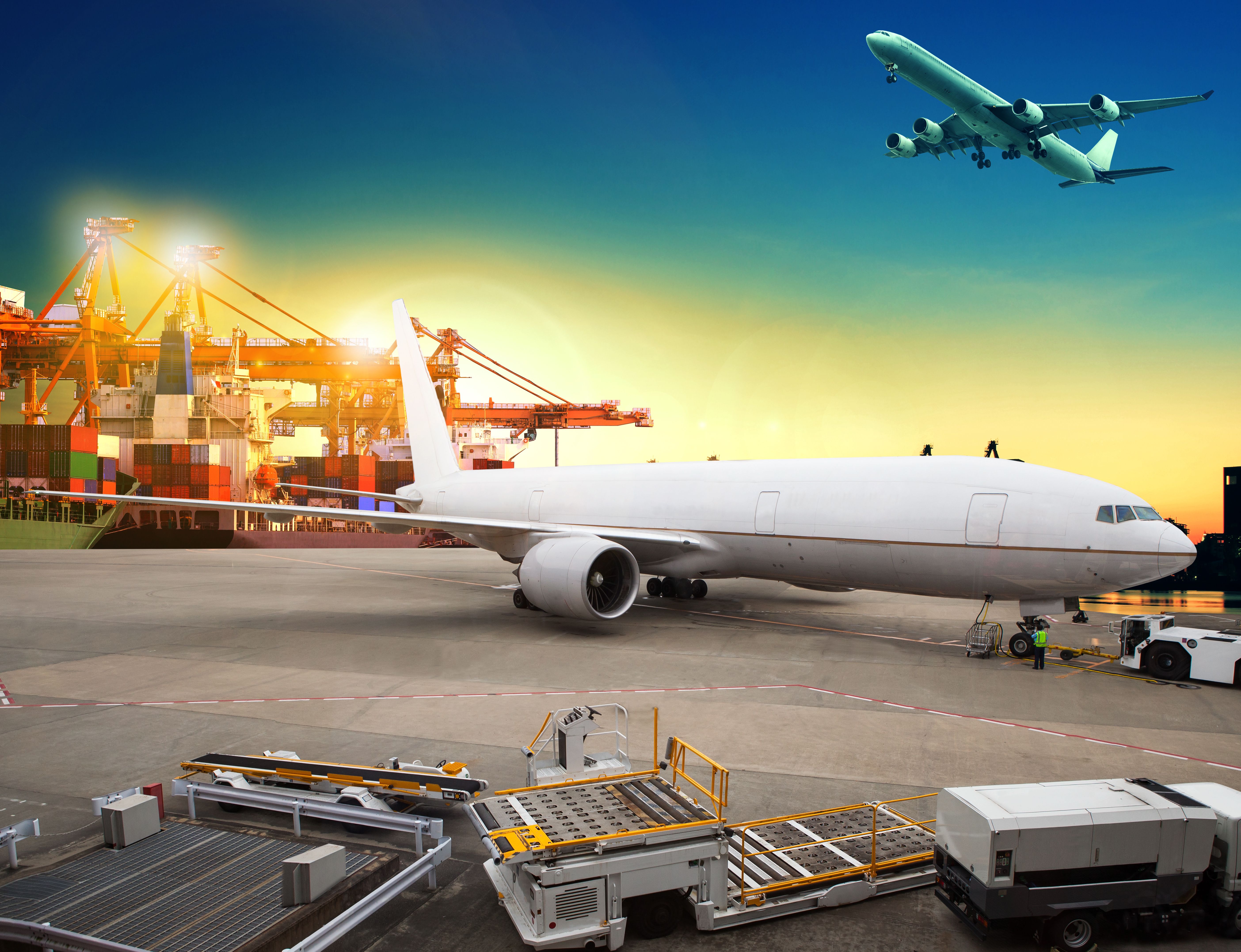LogiPharma Europe 2023: Air Freight and Pharma as Key Sustainability Partners
Roundtable drills down on ways the two sectors can come together to reduce carbon emissions.

An interesting concept is the idea of a “drill-down” roundtable, where several topics are presented with respective table numbers, where attendees can choose which subject matter they would like to discuss.
In one such event today at LogiPharma Europe, there were five tables set up with the following categories:
1. How can freight and pharma collectively collaborate to reduce carbon emissions
2. Import and late-stage packaging personalization
3. Delivering digitalization in air freight
4. Reducing logistics costs while driving sustainability innovation
5. Implementation of sustainable passive shipping solutions and reverse logistics processes
Being that all of these topics were of particular interest, I decided to sit in on table No. 1 (at random), which was led by Julian Sutch, global head of pharma for Emirates. Here, there was quite a bit of healthy conversation exchanged, including the idea of Scope 3 emissions—the activities from assets that are not owned or controlled directly by an organization, but rather ones that indirectly affect the company’s value chain, and that may be difficult to measure.
A major focal point was the idea that air freight and pharma can collaborate, but as noted by a table member, Julian Wann, AstraZeneca’s global category leader of freight and logistics, consumer demand dictates decisions. He said the “Amazon effect,” in which consumers seek products essentially instantaneously, is arguably putting drug manufacturers in a conundrum: speed or efficiency in terms of shipping products with emptier pallets, or waiting several days longer for those pallets to be filled. The solution, Wann offers, is that these consumer expectations ought to change.
Sustainable aviation fuel (SAF), which the International Civil Aviation Organization defines as “renewable or waste-derived aviation fuels that meets sustainability criteria,” is a start, experts said, but it could take several years to feel its impact. Self-driving electric trucks was another innovation cited as potentially boosting sustainability efforts as well.